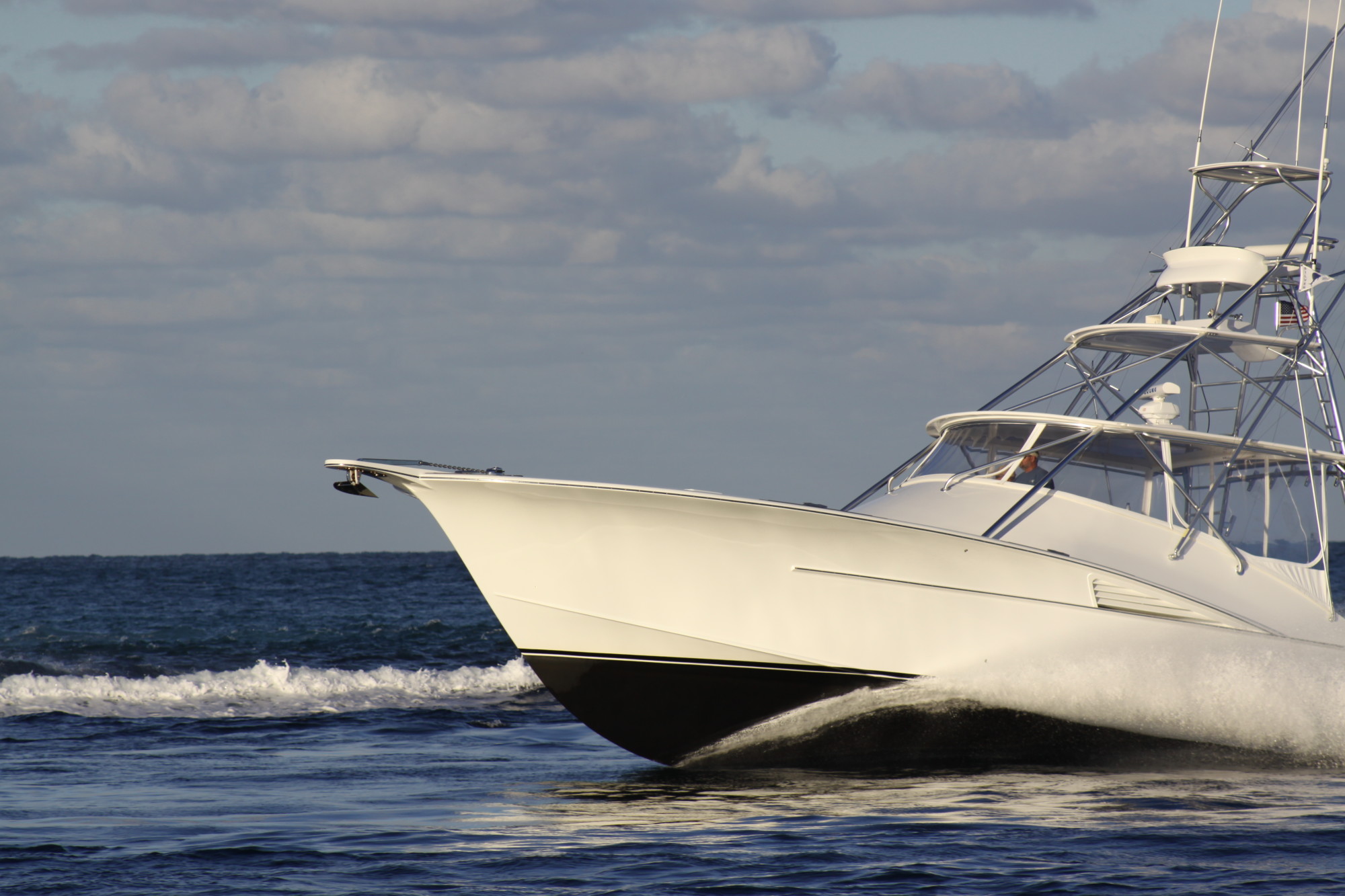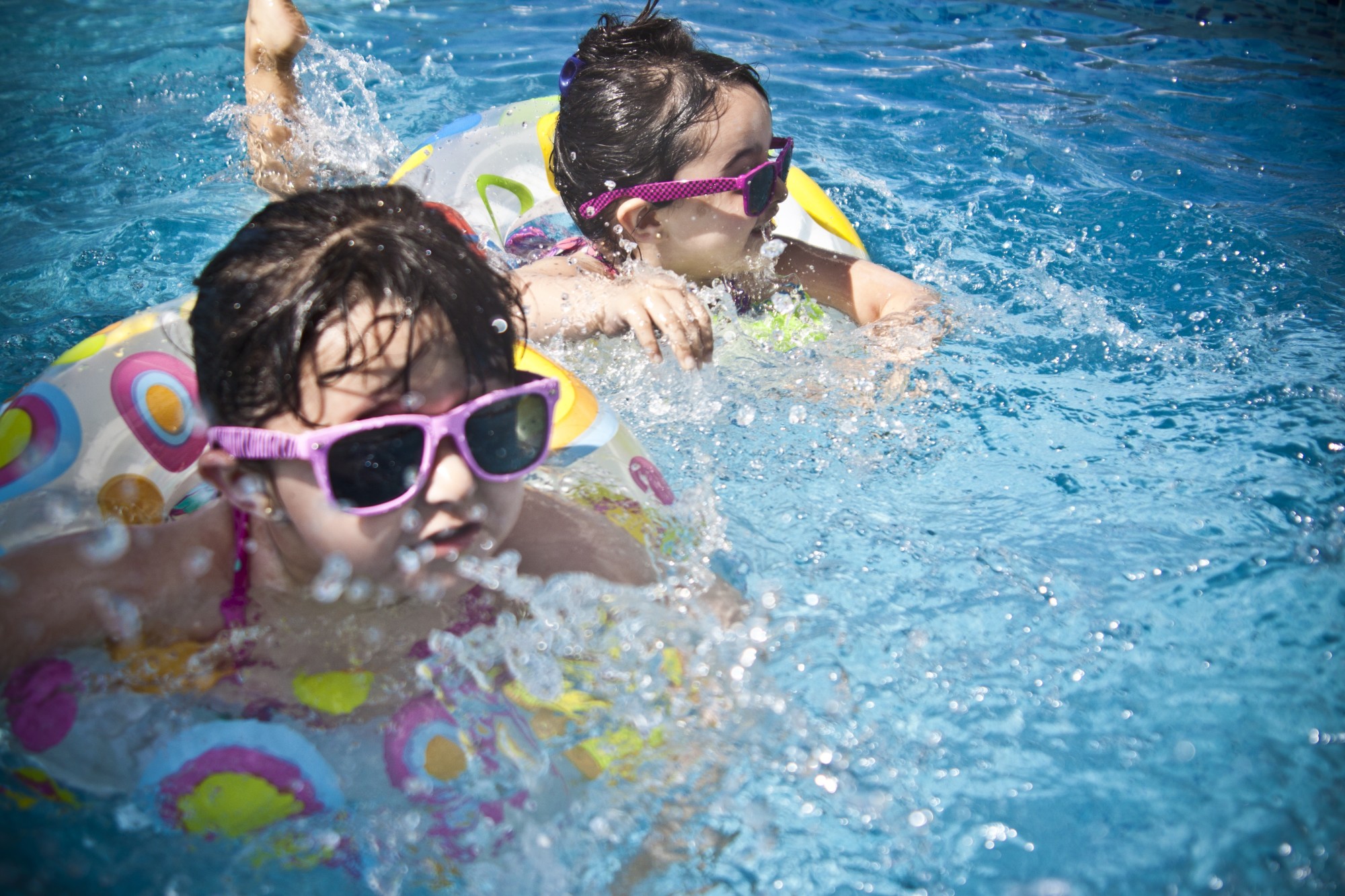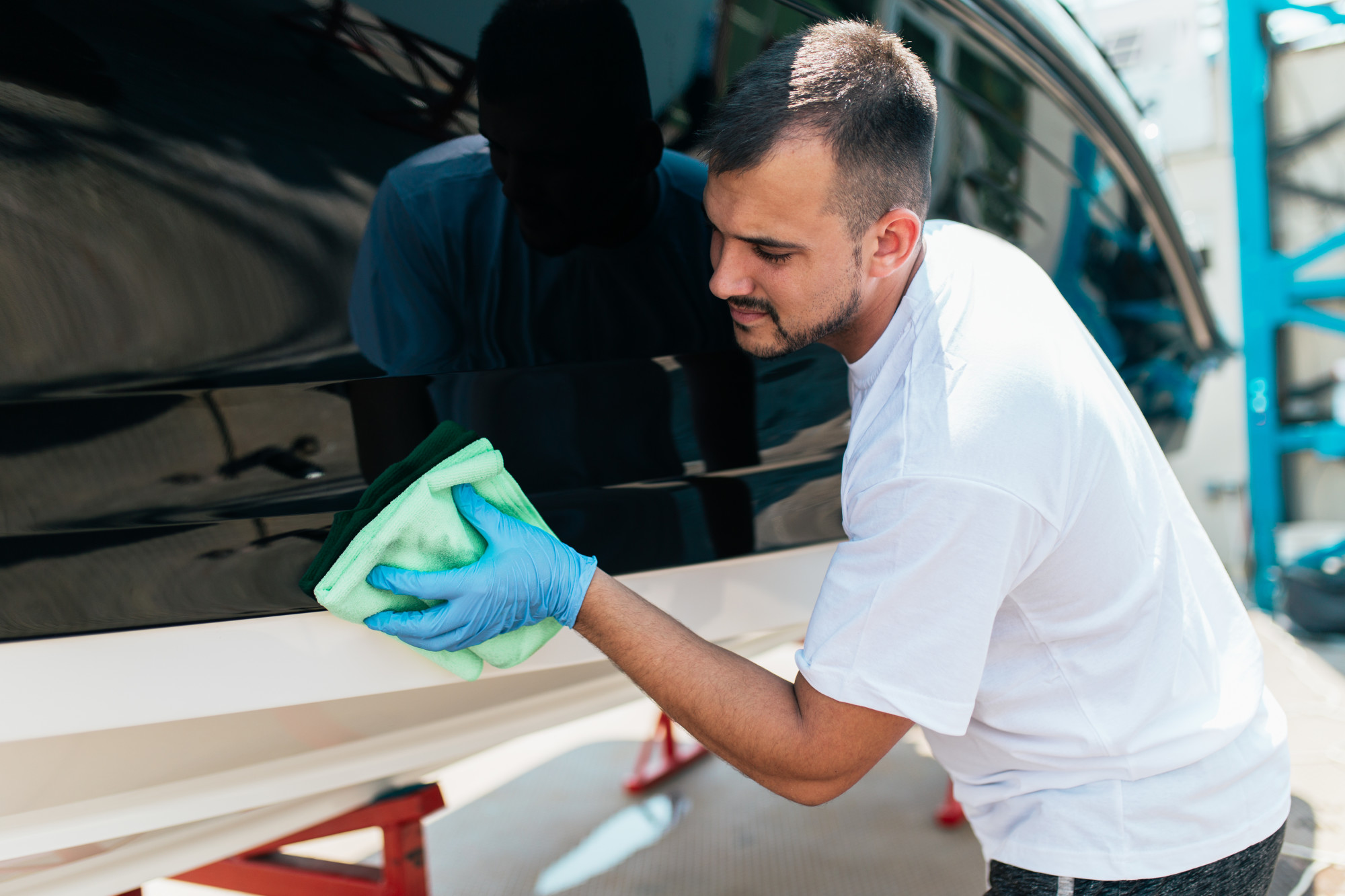How to Rent a Boat on Vacation: 7 Tips for First Timers

U.S. boating sales have reached a record high in the past 12 years, totaling over $42 billion in 2019 in boats, marine products, and services. Not everyone has the financial means to own a boat — but don’t let this hold you back!
Summer is the perfect time to take to the water, lap up the fine weather, and enjoy a sunset cocktail. If you’re a water lover and looking to hire out a boat with family and friends, this blog on how to rent a boat is your go-to.
1. How to Rent a Boat: Take Seasons Into Account
When you’re thinking about boat rental, remember to take the time of year into account. This has a lot to do with the weather, but more so how busy your chosen boat rental company will be. Peak season for boat rental begins around Memorial Day weekend and only gets busier throughout the summer.
You may need to make a rental reservation in advance in order to secure your day on the water — weekends are naturally far busier, too.
2. Choose the Best Boat For Your Needs
Before you rush to hire out a boat, do a little homework on boat rental companies in your region and the boat models and prices they offer. This way you can get a feel for what your budget allows. For first-time boat renters, pontoon boats are one of the most popular models to rent.
Triple-pontoon boats can carry up to 12-15 people if you plan on taking a crowd out on the water for a celebration. Otherwise, you can find pontoon boats that fit 4-5 passengers, or 9-12 passengers. Ski boats tend to carry fewer passengers and can be a little pricier.
The average cost for boat rental varies from one state to the next, but you can expect to pay $300 per day, while a ski boat can cost $350, and upward. Simple fishing boats cost as little as $150 for a few hours.
Price is also dependent on the size of the boat, for example, a double-decker pontoon boat costs an average of $595 for the entire day. Most rental companies tend to charge per hour and offer a range of price options to suit your budget.
3. Remember the Rules of the Water
Depending on what state you live in, you may be required to complete a boating education class before you operate a vessel. While electric boats are far simpler operate, engine-operated boats may require some knowledge and instruction.
Most U.S. states require an education class for younger boat driver, but aside from South Dakota and Alaska, it’s not necessary if you’re over 18-years of age. However, some boating companies require a minimum age of 25-years old.
You will also need to sign a waiver acknowledging your responsibility for the boat while you charter it, especially with other people on board. Remember that you will be held responsible for boat damage, boating injuries, or mechanical issues. To be extra safe, contact your insurance company to find out whether your coverage extends to boat rental.
Most boat rental companies require a copy of your driver’s license and a deposit upon rental. Generally, this deposit could range from $50-$300 depending on the size and caliber of the vessel.
Once you’ve signed the rental agreement and the waiver, you will be walked through the boat, and instructed on how it operates.
4. Conduct All Necessary Safety Checks
Before you sail off into the sunset, you’ll need to carry out all safety checks with regards to boating equipment, safety gear, and engine performance. Typically, the rental company staff will go through all the safety checks with you.
They will go through all the safety equipment, ensure it’s in top shape, and confirmed to be on board. You will also need to make sure you have enough safety apparel for all members on board. After this, boating equipment must be tested to ensure it’s fully functional.
You will be briefed on all local boating regulations — remember that you will not be able to consume alcohol if you intend to operate the boat.
5. Pack For a Change in Weather
When you’re out on the water, you can’t predict how the weather will change, especially if you plan on being out the entire day. So make sure you step onto the boat prepared for a change in the weather — even if it doesn’t happen.
Boating is casual affair, so there really is no need for high-heels or shoes in general. Make sure to pack a warm extra layer and a dry set of clothes just in case!
6. Make Sun Protection a High Priority
It goes without saying that you should always prepare yourself for major sun exposure when you’re boating. Remember that the sun is extra powerful when it’s reflected off the water, so pack a high-factor sunscreen, a wide-brim hat, sunglasses, and a light coverup if you plan on being on the open water for more than 4 hours. Sunscreen should be re-applied frequently — once-off is not enough!
7. Remember to Pack Light
While it’s important to be prepared when you’re hiring a boat, don’t make the mistake of overpacking and overcrowding the boat. If you want to take a cooler, take one that is large enough to accommodate all your guests — there’s no need for multiples.
Overpacking also weighs down the boat, which increases fuel consumption, and that could cut your trip short. Also, who has the energy to unpack an overstuffed boat at the end of the day? Case in point!
Get Your Science, Nature, and Interesting Fact Fix Here
We hope this blog on how to rent a boat this summer has been useful so you can make the most of what summer has to offer, before it’s too late. If you’re looking to try your hand at fishing, check out our nature page for essential fishing items, and more.
For more interesting tips and articles on all things science, interesting places, and facts, be sure to explore the rest of this site at your leisure…



